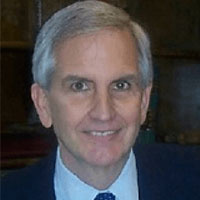 Hollywood White Collar Crime Lawyers, South Carolina
Hollywood White Collar Crime Lawyers, South Carolina
Sponsored Law Firm
-
 x
x

Click For More Info:
-
Clekis Law Firm P.A.
171 Church St, Charleston, SC 29401» view mapCriminal Defense Law Clekis Cares. We Listen to You.
Clekis Law Firm has been representing clients for over three decades.
800-725-6591
Sponsored Lawyers
1-5 of 5 matches
DUI-DWI, Domestic Violence & Neglect, , Firearms, White Collar Crime
Call Charleston criminal lawyer John W. Molony now if you have been arrested in Charleston, Mount Pleasant, North Charleston, James Island, Folly Beach, Berkeley County or anywhere in the Charleston area. Being charged with a crime does not mean you are guilty, and John W, Molony Law Firm, LLC is committed to defending your rights and your reputation. If you have been arrested for DUI, drug crimes, disorderly conduct, traffic tickets, assault or domestic violence, call criminal lawyer John W. Molony and request a free consultation to discuss your case and your legal options. When you retain John W. Molony Law Firm, LLC, you can expect to have an attorney who will fight for you, answer your phone calls and devote the time your case deserves.
(more)Felony, DUI-DWI, Workers' Compensation, White Collar Crime, Car Accident
Charlie Condon brings a wealth of courtroom experience, judgment, and knowledge in seeking results for his clients. Charlie is a sole practitioner, so your matter will receive the individual attention it deserves.
(more)


 Nicholas Clekis Charleston, SC
Nicholas Clekis Charleston, SC


